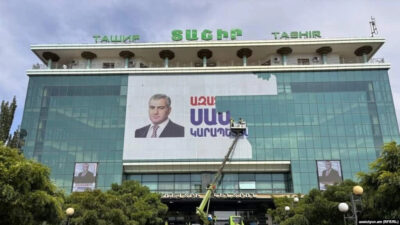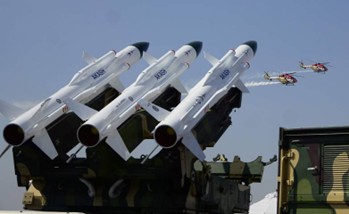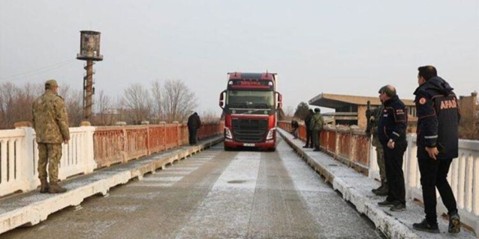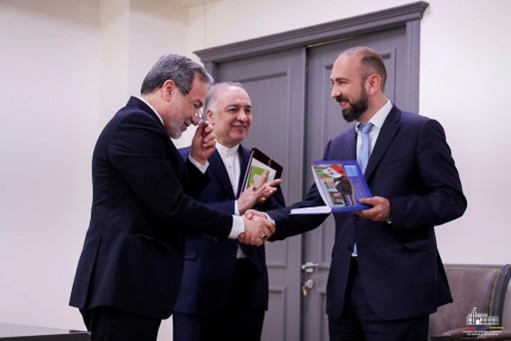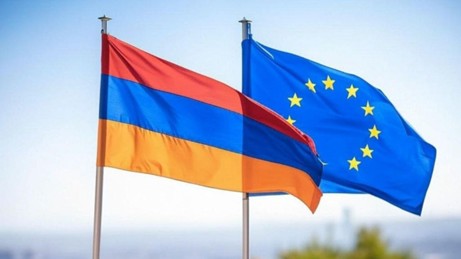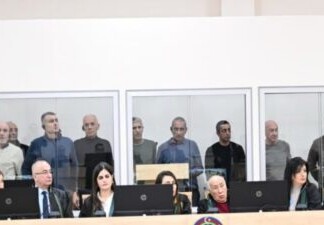By Arsen Nazarian
In recent weeks, a strange event has occurred in the South Caucasus: the whole world is congratulating the agreement between Armenia and Azerbaijan on signing a peace treaty, while Azerbaijan makes preparations for a new attack on Armenia and Armenian border villages are being targeted by gunfire from across the border.
What is the matter? Why, despite the agreement on the text of the peace treaty, is the situation not only not calm, but is moving towards a military confrontation? The text of the treaty actually contains all the excessive demands of the Baku regime from the Pashinyan government. Prime Minister Nikol Pashinyan’s approval rating has reached its lowest point in his term due to the incredible concessions he has made to the Baku regime. But Baku is not interested in peace and continues to put forward one ridiculous precondition after another, creates tension along the borders and wages a massive propaganda war by spreading false news that Armenia is preparing to attack Azerbaijani territory (!), a method it has used before launching military offensives. These accusations are being made while European observers regularly declare that they have not observed any military movements within Armenia’s borders.
Various countries of the world, from European stated to Arab and Latin American countries, Iran, Turkey, United States, Japan, the Pope, the Arab League, and even Russia, welcomed the conclusion of the peace treaty between Azerbaijan and Armenia (https://www.iran-emrooz.net/index.php/news1/more/120034/). However, the Baku regime not only shows no interest in concluding a peace treaty and ending the decades-long hostility, but is actually preparing for a new confrontation.
Among Baku’s “preconditions” for concluding a peace treaty with Armenia is amending the Constitution of Armenia, claiming that the text of the law contains territorial claims to the Republic of Azerbaijan. The claim, of course, does not correspond to reality.
The fact is that with the collapse of the Soviet Union in 1990, the Armenian National Assembly adopted a resolution on the independence of Armenia, which referred to a joint statement by the Supreme Soviet of the Republic of Armenia and the National Council of Artsakh entitled On the Unity of the Socialist Republic of Armenia and the Nagorno-Karabakh Region (Artsakh) in 1989. Pashinyan has admitted that the text of the law needs to be amended, but according to him, this will take at least two years, since parliamentary elections are scheduled for 2026 and it will not be possible to hold a referendum on such an important issue until then. In addition, it is unclear what the outcome of a referendum held under pressure from a foreign state would be, while the issue of peace and stability is now an urgent issue.
